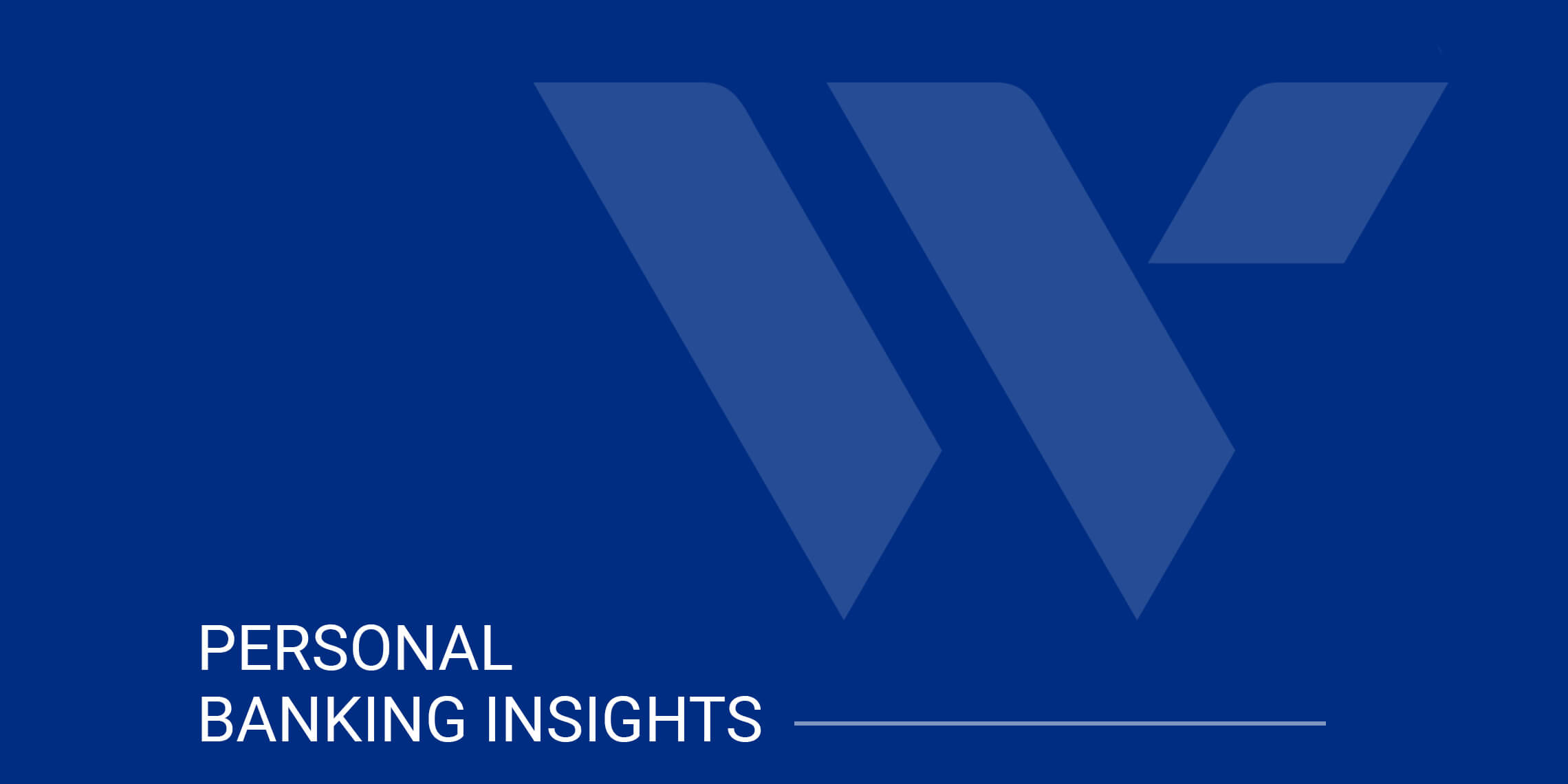
Published on November 9, 2022 | 4 min read | Webster Bank
As millennials shop for first homes and empty nesters consider downsizing, condominiums are increasingly hot properties.
Buying a condo can be the perfect sweet spot between buying a house and renting an apartment, Condos typically come with smaller price tags, require less upkeep than a freestanding property, and are an attractive way to enter–or stay in–,—the housing market. And with onsite amenities like pools and gyms and nearby shopping and entertainment sometimes only footsteps from your door, they offer both generations the convenience and lively lifestyle they want.
Yet the nitty-gritty details of financing a condo can be more complicated than for a freestanding home. Because a condo is inextricably tied to the surrounding property and Condominium Homeowners Association (HOA), a lender must consider the financial viability and infrastructure condition of the entire complex.
With today’s hot real estate market, and with rates looking to increase, you don’t want to lose precious time dealing with unexpected challenges. Here are some things to have on radar to prepare for your mortgage search—and give you peace of mind along the way:
Whether a condo is warrantable or non-warrantable is based on Fannie Mae’s underwriting guidelines. Properties meeting those criteria are considered “warrantable,” meaning a lender could sell the loan to Fannie Mae, if necessary—and makes the loan an acceptable risk.
Non-warrantable properties, like a condo project still under construction, for example, are higher risk. Therefore, you may pay a premium for a condo in that development—i.e., a higher mortgage rate.
Think about it like this: if a single homeowner misses an HOA payment, the impact is likely minimal and easier to absorb. If 10% miss a payment, it could destabilize the HOA’s finances. That inherent risk may limit your financing options and/or potentially increase your mortgage rate.
Rentals sometimes bring in transient traffic, not the stable, long-term owners more likely to take pride in (and care of) the property. That can be a red flag for a lender.
Not all lenders embrace retail businesses as condo neighbors, and some may weigh the percentage of commercial versus residential space to determine warrantability.
Look closely at the HOA—your lender certainly will. Of course, budgeting for monthly HOA fees will no doubt factor into your decision-making, but how the HOA budgets should be of equal concern. Request a copy of the HOA’s budget reports to see how it operates—where it spends funds, how often it increases fees, and, most importantly, if adequate reserve funds are set aside to cover future improvements and unexpected repairs. If not, you could wind up paying a special assessment on top of your monthly fees.
Carefully review the HOAs property insurance along with your own coverage to identify potential protection gaps. Is your complex in a high-risk flood zone? Make sure the HOA’s master policy includes a provision for flood insurance. Since you own the interior of your condo, your HOA’s insurance won’t cover its contents. Consider content coverage for your appliances, clothing, jewelry, and furnishings in case of a loss from fire, flood, or theft. It is best to speak to your insurance professional about your specific insurance needs.
We’re uniquely positioned to help condo buyers for two key reasons:
Connect with your local Webster Banker today. One conversation could lead to helping you get in your new home, faster.
The opinions and views in this blog post are for informational purposes only and are not intended to provide specific advice or recommendations for any individual. Please consult professional advisors with regard to your individual situation.
All lines and loans are subject to credit approval.